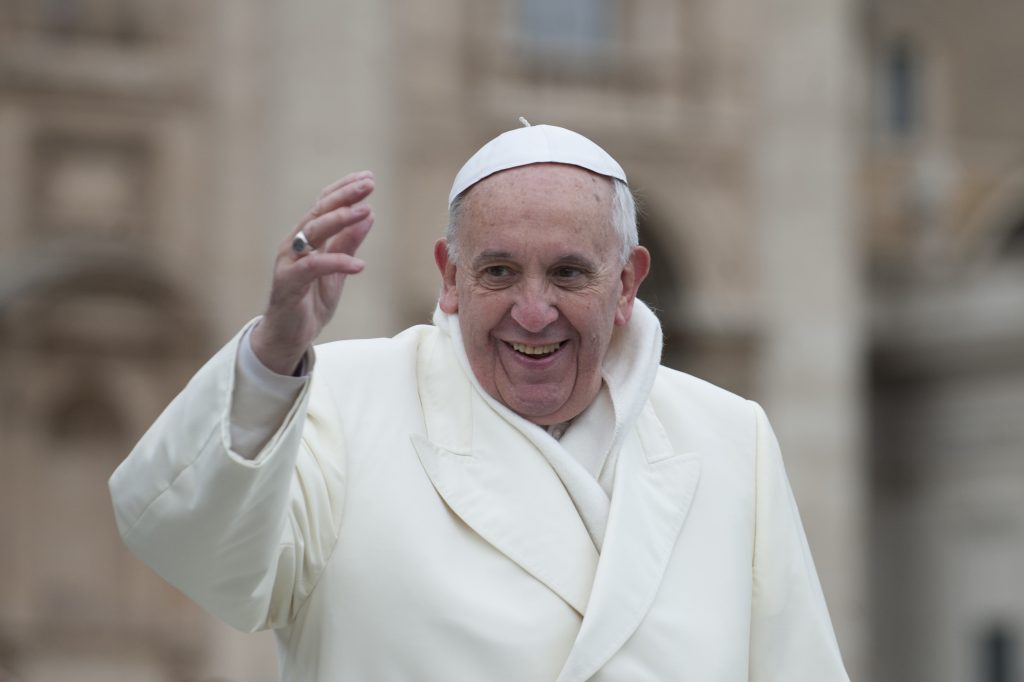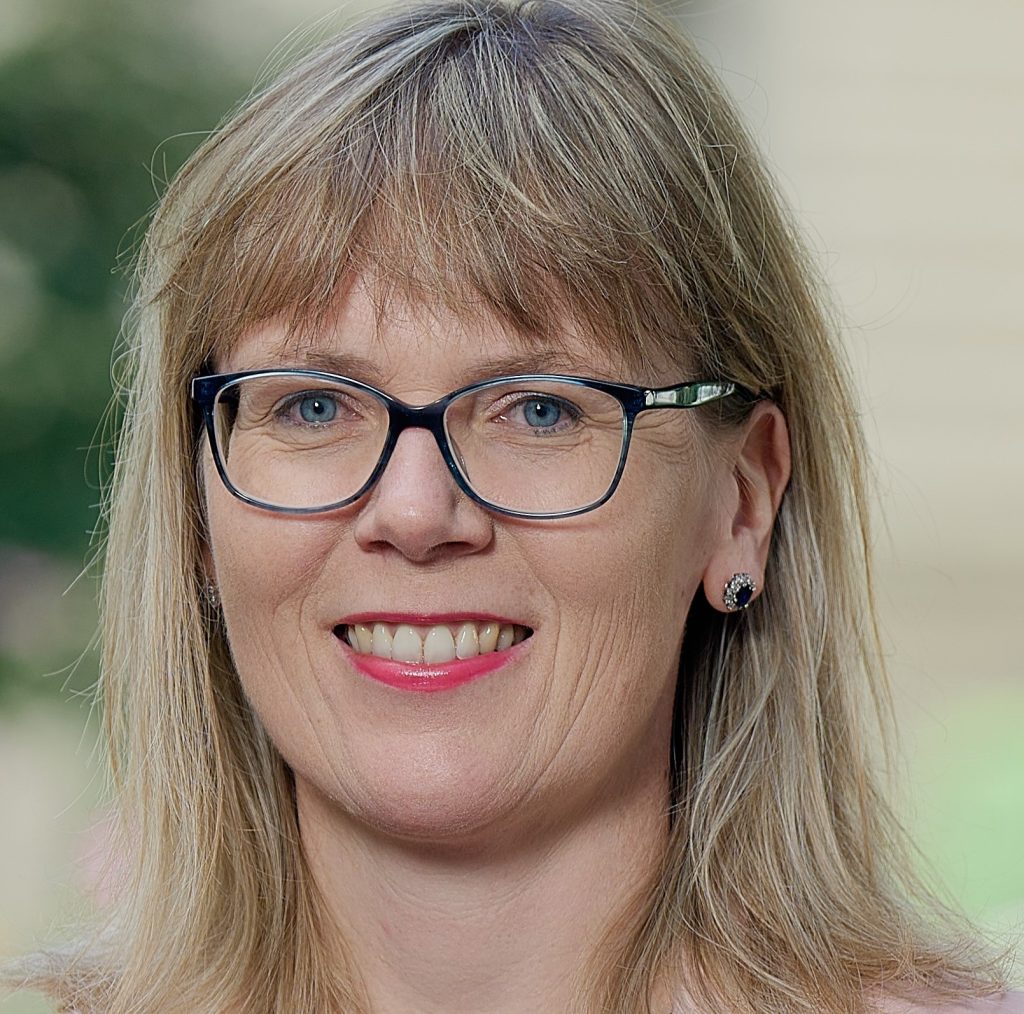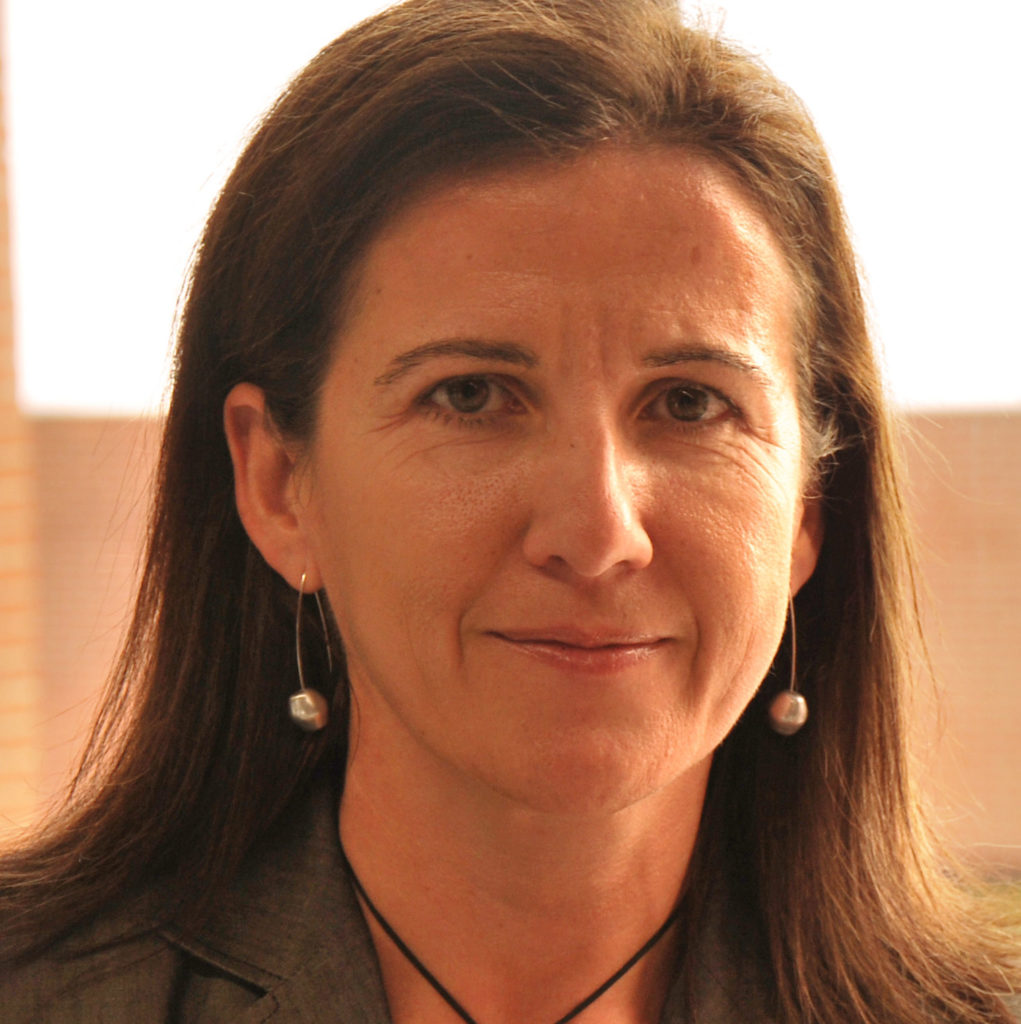Pope Francis and His Legacy in Theology, Canon Law, Interreligious Dialogue, and Religious Leadership

The series brings together a group of Catholic thinkers to reflect on Pope Francis’s pontificate and legacy. The authors discuss the late Pope’s contribution to peacebuilding, human dignity, social justice, and environmentalism in addition to his reforms, often revolutionary, of Catholic theology, canon law, and the Church’s internal life. Pointing to peaks and valleys of the first Jesuit pope’s rule, they depict him as an extraordinary religious leader, tireless promoter of peace across the globe, and persistent defender of the vulnerable.


